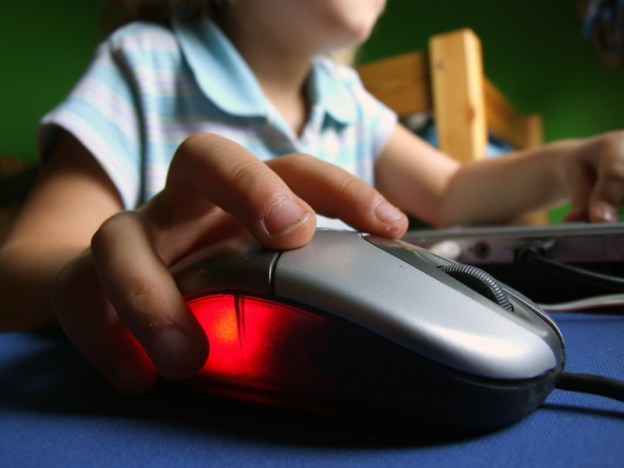
The scientific community has only just started to discover the various risks and benefits associate with social media and the ways in which it is changing everything from human interaction to childhood development. But according to a recently revealed study, using Facebook and other technology may have negative effects on the mental health of children and teenagers.
These findings were unveiled by Dr. Larry D. Rosen, a professor of psychology at California State University, Dominguez Hills, at the 119th Annual Convention of the American Psychological Association in Washington, D.C. on Saturday. Dr. Rosen, whose study was entitled, “Poke Me: How Social Networks Can Both Help and Harm Our Kids,” has been studying the effects of technology on people for more than 25 years.
Dr. Rosen’s study found the following worrisome details:
• Teenagers and young adults who are persistently logged on to Facebook are more often to show psychological disorders, like mania, paranoia, aggressive tendencies , antisocial behavior and increased alcohol use. These teens also more often displayed narcissistic tendencies, which are fed by their ability to constantly broadcast information about themselves through Facebook.
• Children, pre-teens and teenagers who used technology, like the Internet and video games, on a regular basis have more stomach aches, sleeping problems, anxiety and depression. They also miss school more often.
• Not surprisingly, middle school and high school students who logged into Facebook at least once during a 15-minute study session received lower grades. Rosen and his team found that most students were only able to maintain focus on their studies for two or three minutes before distracting themselves with technology, like text messages, mobile apps or the Web.
• Rosen also revealed that the average teenager sends approximately 2,000 text messages per month, a massive amount of information processing that has been founded to be related to problems with sleep and concentration, as well as physical stress.
Despite the plethora of bad news about excessive social networking and use of other technology, Rosen’s findings weren’t all negative.
For instance, young adults who regularly use Facebook are better able to conjure “virtual empathy” for online friends. And introverted teens can learn valuable socializing skills behind the safety of a computer screen. Social networking can also provide innovative ways for teachers to connect with students, Rosen found.
For the parents out there who think they can control their children’s social media intake through the use of computer monitoring software, Rosen says not to bother.
“If you feel that you have to use some sort of computer program to surreptitiously monitor your child’s social networking, you are wasting your time. Your child will find a workaround in a matter of minutes,” he said. “You have to start talking about appropriate technology use early and often and build trust, so that when there is a problem, whether it is being bullied or seeing a disturbing image, your child will talk to you about it.”
(via Science Daily, LA Times) [Image via]
